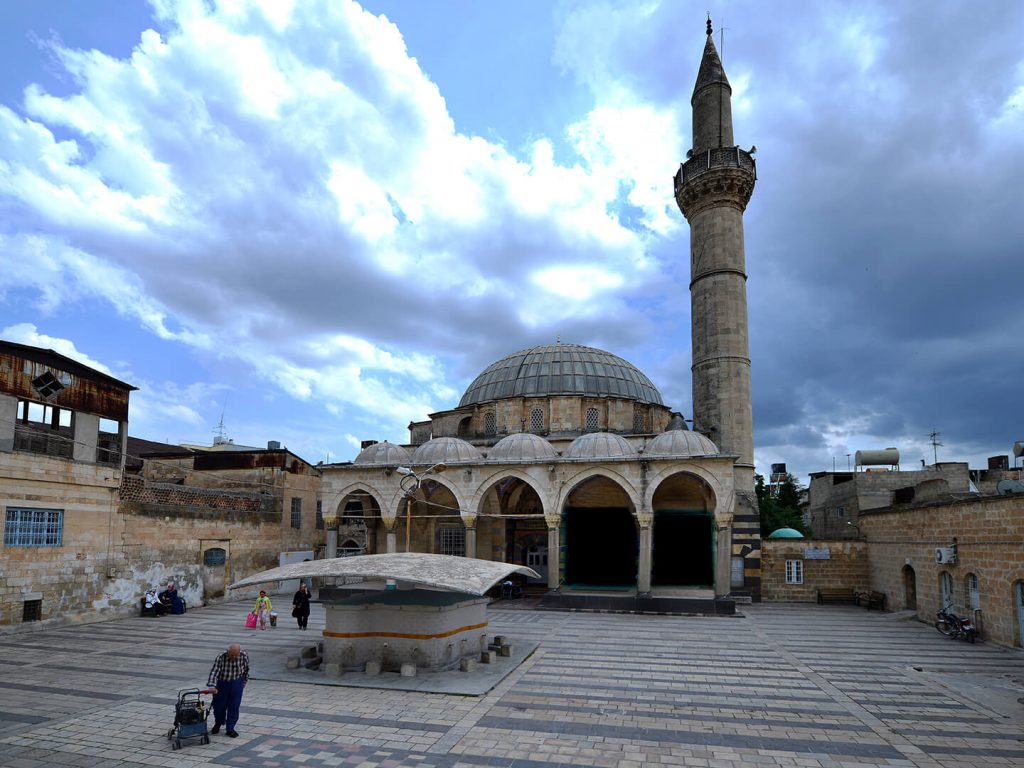The Meaning and Origin of Ezan
The word “Ezan” comes from the Arabic root “adhana“, meaning “to announce” or “to proclaim.” It is stated in the Quran, particularly in the Surah Al-Ma’idah and Surah Al-Jumu’ah, not just as a call to prayer but also as a declaration of divine truth.
Ezan proclaims the three core beliefs of Islam:
- The Oneness of Allah
- The Prophethood of Muhammad
- The promise of salvation and the hereafter
The tradition of Ezan dates back to the time of Prophet Muhammad (PBUH). After the conquest of Mecca, the Prophet had Bilal al-Habashi, the first muezzin in Islam, ascend to the roof of the Kaaba to deliver the first Ezan. Bilal’s voice and tone were deeply beloved by the Prophet, who wished to hear his call to prayer throughout his life.
The Phrases of the Ezan
The Ezan consists of several key phrases, usually recited in Arabic (with the Turkish equivalent commonly understood):

- Allahu Ekber, Allahu Ekber – God is the Greatest (repeated twice)
- Eşhedü en lâ ilâhe illallah – I bear witness that there is no god but Allah
- Eşhedü enne Muhammeden Resûlullah – I bear witness that Muhammad is the Messenger of Allah
- Hayya ‘alâ-s Salâh – Hasten to prayer
- Hayya ‘alâ-l Felâh – Hasten to success
- Es-salâtü hayrun minen-nevm – Prayer is better than sleep (recited only during the Fajr prayer)
The Role of Music: Ezan and Makams (Melodic Modes)
While it is not “sung” in the traditional sense, it is recited melodically using Islamic maqams (makam); traditional Turkish musical modes. This practice is rooted in both Islamic etiquette and Ottoman tradition, ensuring that the tone matches the spiritual atmosphere of the time of day.
The Quran encourages believers to speak softly and beautifully. In Surah Luqman (31:19) and Surah Isra (17:110), believers are reminded not to speak in harsh or loud tones. Thus, a melodious Ezan that stirs emotion and reflection is aligned with Islamic principles.
In Turkey, the Ezan is recited in various makams depending on the time of day. These makams are chosen to reflect the psychological and emotional state of people at different hours:
- Morning (Fajr) – Sabâ Makamı
Features a soft, ascending melody to gently awaken the soul. Other modes like Hüseyni, Dilkeşhaveran, and Bestenigâr may also be used. - Noon (Dhuhr) – Uşşak or Bayati Makamı
Calming and spiritual tones suitable for midday reflection. - Afternoon (Asr) – Nihavend Makamı
Historically used on Thursdays in Ottoman times to signal the approach of Friday. Offers a more cheerful tone. - Evening (Maghrib) – Segâh or Dügâh Makamı
Fast-paced and uplifting, fitting for the day’s closing. - Night (Isha) – Hicaz Makamı
Mellow and soothing, perfect for ending the day in spiritual calm. - Internal Ezan (Before Friday Khutbah) – Bayati or Uşşak Makamı
Recited before the Friday sermon (khutbah) as a second Ezan inside the mosque.
The Deeper Purpose
The Ezan is more than a timekeeper. It is a spiritual anchor, a reminder of faith, discipline, and devotion. It invites not only physical presence at prayer but also mental and emotional reflection.
From the rooftops of Ottoman mosques to modern-day cities, the Ezan continues to echo through history as a symbol of Islamic unity and identity.
The Ezan connects millions of Muslims around the world in a shared rhythm of worship. In Turkey, the careful pairing of melodic makams with prayer times makes the call not just heard but felt, as a call to the soul.
Whether you hear it at dawn or dusk, the Ezan is a living legacy that blends faith, beauty, and culture into one of Islam’s most powerful expressions.

